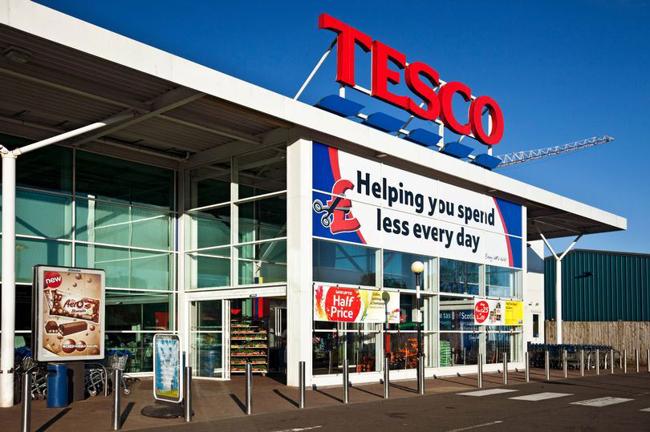Summary
Tax incentives for foreign-owned supermarket chains raise concerns over unfair competition but they have been crucial in keeping the lid on consumer prices, a new study shows.
Source: MaltaToday

AI News Q&A (Free Content)
Q1: How do foreign-owned supermarket chains influence local consumer prices and competition?
A1: Foreign-owned supermarket chains often benefit from tax incentives, allowing them to offer competitive pricing strategies. A study in Malta revealed that these chains help keep consumer prices low, although they raise concerns about unfair competition against local supermarkets. This advantage forces local retailers to adjust their pricing to remain competitive, as foreign chains tend to offer lower prices and a wider variety of products.
Q2: What impact does the entry of foreign supermarkets have on local economies in developing countries?
A2: The entry of foreign supermarkets into local markets in developing countries generally leads to a decrease in prices at local stores. In Mexico, prices dropped by 4% in areas with foreign supermarkets within two years of their entry. These foreign stores tend to offer cheaper prices, a broader range of products, and improved shopping amenities, which can drive competition and influence local economic outcomes positively.
Q3: What are some challenges faced by local supermarkets due to the presence of international chains?
A3: Local supermarkets face several challenges, including aggressive pricing strategies from international chains, structural tax advantages that favor these foreign entities, and increased pressure to compete on both price and variety. These challenges can lead to a significant reshaping of the local retail landscape, often at the expense of smaller, independent retailers.
Q4: How has the supermarket sector evolved in the United Kingdom over recent years?
A4: In the UK, the supermarket sector has historically been dominated by the 'big four': Tesco, Sainsbury's, Asda, and Morrisons. However, discounters like Lidl and Aldi have rapidly increased their market share. By 2022, Aldi overtook Morrisons to become the fourth-largest grocery retailer in Great Britain. These changes indicate a shift toward more competitive pricing and diverse product offerings.
Q5: What role do supermarket chains play in reshaping multinational cooperation and local economies?
A5: Supermarket chains significantly impact local economies and multinational cooperation by introducing new business models and competitive practices. They encourage local producers to adapt to a globalized market, potentially affecting local supply chains and consumer behavior. The presence of these chains often leads to increased efficiency and productivity in local markets.
Q6: What are the benefits of supermarkets having a self-service model and a wide range of products?
A6: Supermarkets with a self-service model and a wide selection of products offer convenience and competitive prices, attracting a broad customer base. The model allows consumers to find diverse food and household items under one roof, enhancing shopping efficiency and satisfaction. This format often results in increased sales volumes, enabling supermarkets to negotiate better prices with suppliers.
Q7: How do supermarkets use site selection to optimize their market presence?
A7: Supermarkets use sophisticated site selection methods, such as the QuIS approach, which analyzes socio-economic, geographical, and ecological factors. This method ensures supermarkets are strategically located to maximize accessibility and profitability. By selecting optimal sites, supermarkets can better serve communities and boost their market presence while minimizing operational costs.
References:
- Foreign chains keep prices in check as local supermarkets feel the pinch
- How does the arrival of foreign supermarkets affect developing world consumers?
- The Impact of Supermarket Chains on Local Economies in Reshaping Multinational Cooperation
- List of supermarket chains in the United Kingdom
- Supermarket
- QuIS: The Question of Intelligent Site Selection





